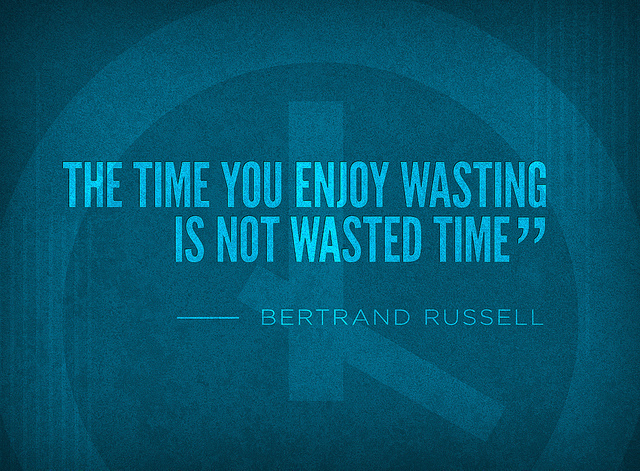Raising a Moral Child, Adam Grant's New York Times article on how to nurture kindness and compassion...
Tina Miller, MA,CFLE stashed this in Children

Stashed in: Character, #kindness, Children, Awesome, Compassion, Parents, Parenting, Give and Take, Emotional Intelligence, Success, Parenting
When our actions become a reflection of our character, we lean more heavily toward the moral and generous choices. Over time it can become part of us.
Commend generous character:
But is that the right approach? In a clever experiment, the researchers Joan E. Grusec and Erica Redler set out to investigate what happens when we commend generous behavior versus generous character. After 7- and 8-year-olds won marbles and donated some to poor children, the experimenter remarked, “Gee, you shared quite a bit.”
The researchers randomly assigned the children to receive different types of praise. For some of the children, they praised the action: “It was good that you gave some of your marbles to those poor children. Yes, that was a nice and helpful thing to do.” For others, they praised the character behind the action: “I guess you’re the kind of person who likes to help others whenever you can. Yes, you are a very nice and helpful person.”
A couple of weeks later, when faced with more opportunities to give and share, the children were much more generous after their character had been praised than after their actions had been. Praising their character helped them internalize it as part of their identities. The children learned who they were from observing their own actions: I am a helpful person. This dovetails with new research led by the psychologist Christopher J. Bryan, who finds that for moral behaviors, nouns work better than verbs. To get 3- to 6-year-olds to help with a task, rather than inviting them “to help,” it was 22 to 29 percent more effective to encourage them to “be a helper.” Cheating was cut in half when instead of, “Please don’t cheat,” participants were told, “Please don’t be a cheater.” When our actions become a reflection of our character, we lean more heavily toward the moral and generous choices. Over time it can become part of us.
Read more: http://nytimes.com/2014/04/12/opinion/sunday/raising-a-moral-child.html
I think the continued focus of this article is horrible.
Conditioned "morality" is still conditioned and fragile. A person who is based on conditioned morality is subject to reconditioning based on the situation. This is why people can lie cheat, steal and kill while next to no one is intentionally conditioned to do so from birth.
Adam Grant, who is now getting a good deal of interest, is presenting the next iteration of Pavlovian - Skinner - Applied Behavioral theory. This type of behaviorism is working its way into every k-5 class and beyond.
Nowhere does this touch on what is needed.
What is needed is an open honest and tolerant discussion of the nature of existence and humanity.
At what age can children have such a discussion?
Can praising good character be part of a foundation?
Before they can talk. They learn from your understanding.
My children only knew their grandmother as ill, we talked about the illness and death and the nature if it. The conversation continues.
My little guy is 3 and can throw a full scale meltdown over anything and nothing. Yet I have been sick and he spontaneously gives me a hug and says I am sorry your back hurts and daddy I forgive you.
In school the behavior is about meltdown and a behavioral norm. I am not worried about it at all unless he stops the empathy and compassion.
My 6 yr old comes home from school and says I got only green cards (good behavior) and our class won because we were the best and I get to have breakfast with the principal. Her friend cried all night one time because she got a yellow card (warning). What did you do today? We ask. "Nothing". They always seem to do nothing but she always remembers who was good and bad.
Behavioral contests have become standard and I have to try to teach my kids that they are stupid games and thief focus is on learning not winning behavior prizes.
So you can have adult conversations with kids pretty much from the beginning?
I'm surprised more people don't do that.










11:18 PM Apr 12 2014